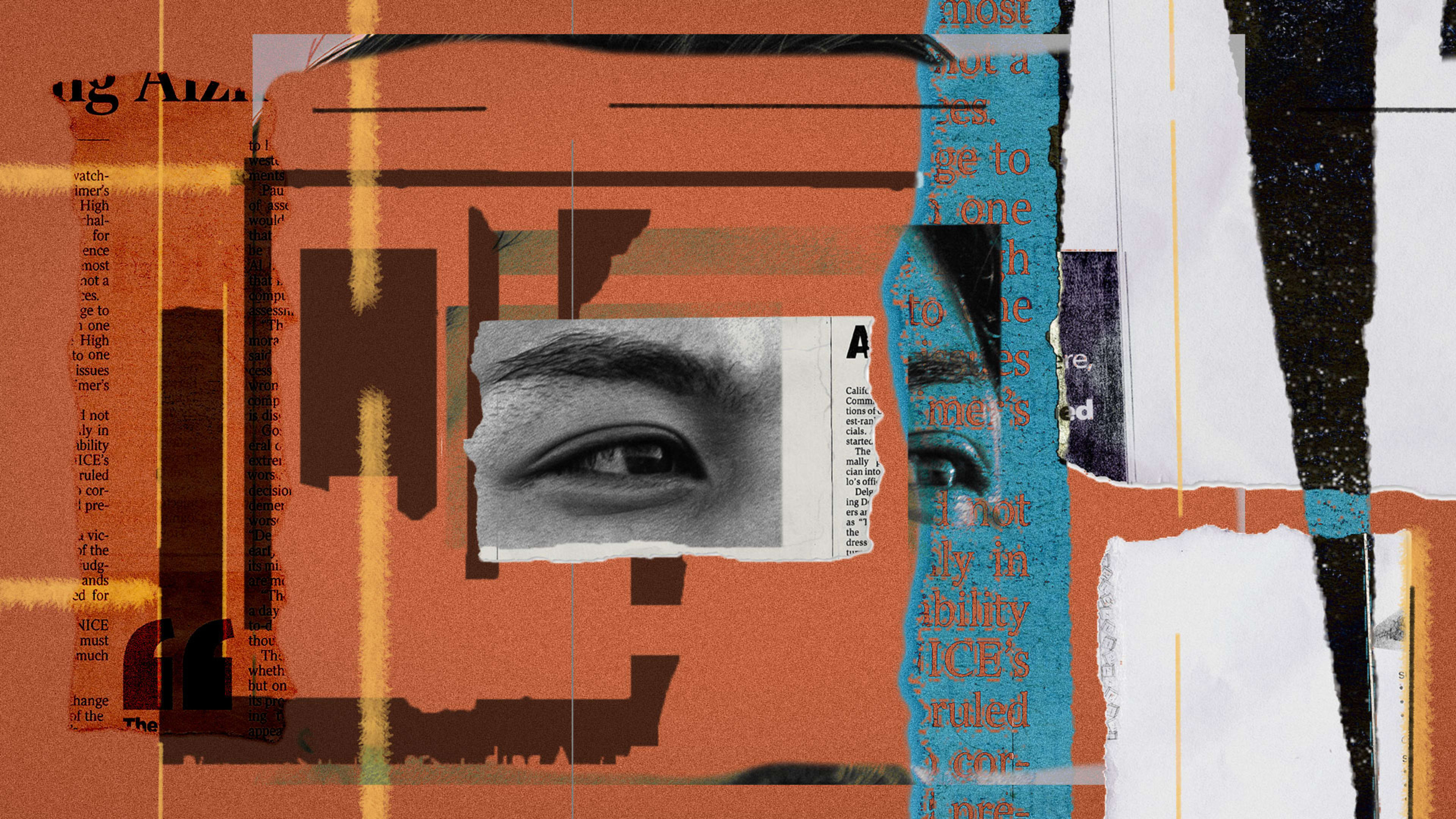Dr. John Park and his parents emigrated from Korea to America when he was in middle school. Today he’s a cardiologist in New York. Two weeks ago, a gunman shot his mother and two other women at a hair salon in Dallas. The shooter had been delusional about Asian Americans ever since he got into a car crash with an Asian man a few years ago, NPR reported. Dr. Park hasn’t felt safe ever since. He can’t take the subway and uses Uber instead. His wife hasn’t left the house, and now he wants to move somewhere else.
“I heard about anti-Asian hate crimes, but it didn’t strike me any way,” he says. “I thought it was a very rare incident. Now I cringe when I’m on the subway. I’m completely traumatized.”
Violence against Asian Americans is on the rise, and Asian Americans are changing their routines as a result. Prior to the pandemic, there was an average of 8.1 violent attacks against Asian Americans per year. From 2020 to 2021, this figure skyrocketed to 163 attacks.
According to a new study from Pew Research, 90% of Asian Americans worry that they might be threatened or attacked because of their ethnicity. Of the 90% of who worry, one-third have changed their daily routine and schedule out of fear of an attack. By comparison, about 32% of Black Americans worry about being attacked because of their race or identity, 14% of Hispanic Americans, and only 4% of white Americans.
The study also found a gap between how Asian Americans perceive the violence and what’s being done about it, compared to how it’s perceived by other Americans. Asian Americans were more likely to say violence against Asian Americans is increasing: two-thirds said anti-Asian violence is on the rise, compared to 44% of white Americans and about a third of Black and Hispanic Americans. In addition, Asian Americans were more likely to say politicians are not doing a good job of handling the increase in violence: 43% of Asian Americans said local officials are not doing a good job, compared to 22% of Hispanics, 16% of Black Americans, and 15% of white Americans.
In general, 48% of Asian Americans said making stronger laws against hate crimes would help.

He’s been disheartened, however, by how little attention it’s gotten, and how little coverage the incident has received. “This changed my life forever,” he says. “I don’t think I’ll ever be able to ride the subway again.” He paused, and then added: “If your mom is still alive, be nice to her. You never know what could happen.”
Veronica De La Cruz assisted with reporting for this article.
Recognize your brand’s excellence by applying to this year’s Brands That Matter Awards before the final deadline, June 7.
Sign up for Brands That Matter notifications here.
